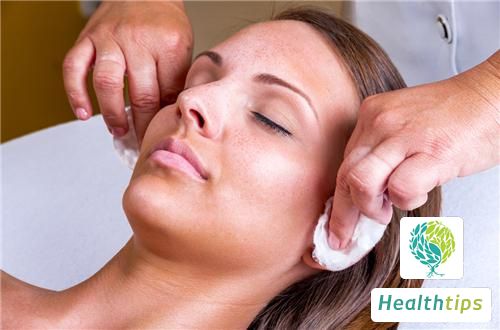Why Is Drospirenone Prescribed After an Abortion? How Long Should It Be Taken?
It is crucial to take contraceptive measures during sexual intercourse to avoid unintended pregnancies. If a pregnancy occurs, termination of pregnancy through abortion may be necessary. Despite advancements in abortion techniques, they can still cause harm to a woman's body, particularly affecting the uterus. Post-abortion, it is important to follow medical advice and take prescribed medications to promote recovery.

Many women are unaware of the benefits of taking drospirenone after abortion. Let's explore the reasons for taking drospirenone and the duration of its usage.
Drospirenone is prescribed after abortion primarily to hasten the repair of the endometrium, reduce the duration of vaginal bleeding, and provide contraceptive effects. Drospirenone is a short-acting contraceptive containing a combination of estrogen and progesterone, which aids in endometrial repair. Doctors often recommend patients to take drospirenone continuously for 21 days after abortion, resuming the medication on the fifth day of the next menstrual cycle. It is advisable to continue this treatment for three menstrual cycles to effectively protect the endometrium.
It is also important to monitor vaginal bleeding after abortion, as drospirenone itself can cause irregular bleeding. If bleeding is minimal, continue taking the medication as prescribed, and the symptoms should resolve.
a. Adjusting Diet:
Many women resume their daily activities or work immediately after abortion, which is not advisable. It is crucial to rest and take care of your body during this time. Adjust your diet to include protein-rich foods such as chicken, pork, eggs, dairy products, and beans to replenish the protein lost during the procedure. Ensure adequate water intake and supplementation with vitamins C, B1, and B2 by consuming fresh fruits and vegetables. Avoid spicy foods.
b. Personal Hygiene:
After abortion, it is essential to maintain good personal hygiene. Avoid sexual activity for at least a month. During the bleeding period, change sanitary pads frequently. Preventing infections is crucial for post-surgical recovery, especially for gynecological surgeries and abortions. Follow your doctor's advice on using antibiotics to prevent pelvic inflammatory disease. Rectal administration of anti-inflammatory suppositories can help protect the vaginal environment and reduce the risk of postoperative gynecological infections.
c. Balancing Rest and Activity:
Rest is crucial in the first three days after the procedure. It is best to stay bedridden to conserve energy, as excessive activity may prolong vaginal bleeding. Avoid strenuous physical labor and exercise for at least half a month. Light walks in fresh air can be beneficial but ensure adequate warmth.
d. Maintaining a Positive Mindset:
Maintaining a positive mindset is essential after abortion. Many women may experience emotional fluctuations due to the procedure and the need for bed rest. It is important to adjust your mindset, relax, and focus on recovery to facilitate a speedy return to health.



















